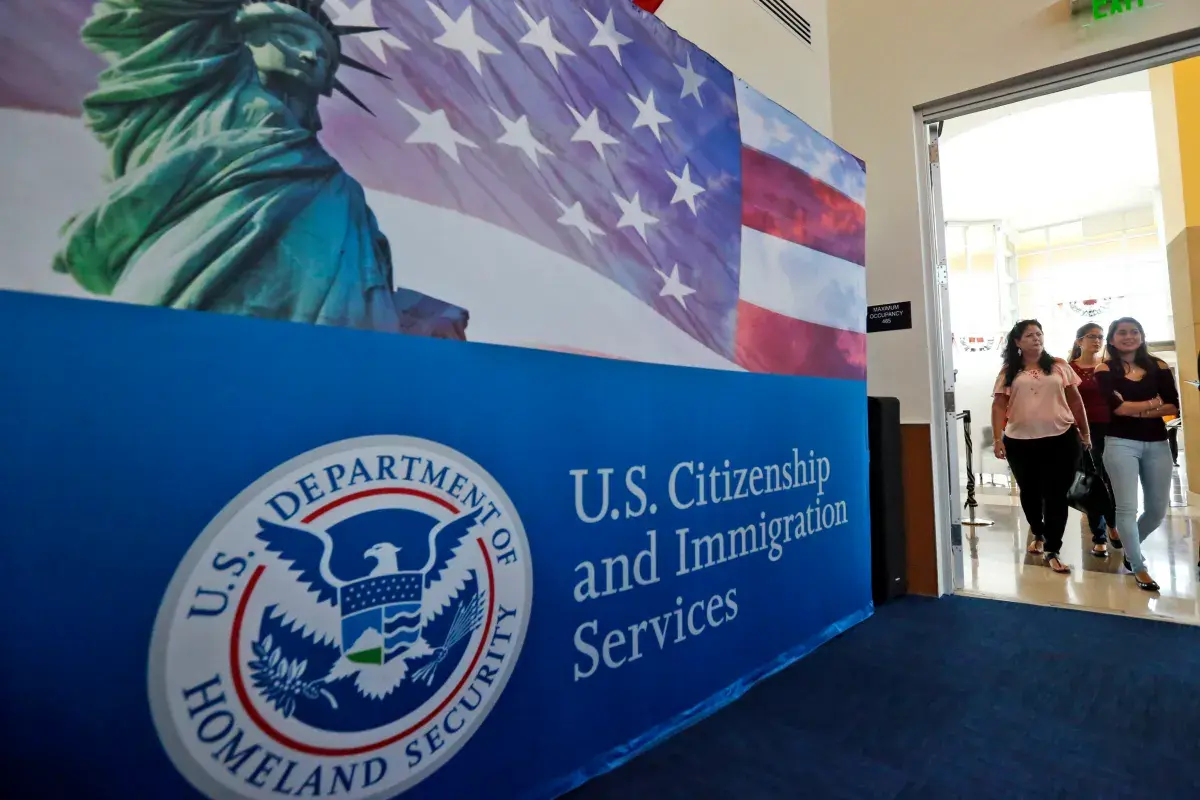
Startups and smaller employers that depend on the H-1B visa program to hire specialized talent could face financial strain under recently proposed fee changes, according to legal experts.
“Employers and startups that traditionally rely on the H-1B program for specialized roles may encounter budgetary challenges in meeting the new fee requirement,” Benjamin Nucci, an immigration attorney at Snell & Wilmer, told Newsweek.
Why It Matters
The H-1B visa program plays a critical role in allowing U.S. employers to hire highly skilled foreign workers, particularly in technology, health care, and higher education. Changes to the program, including fee adjustments and wage requirements, could affect both employers and prospective employees by influencing who applies and how companies structure their hiring.
Supporters of the program argue that it helps the United States remain competitive in a global talent market, while critics contend that it has sometimes been used in ways that disadvantage domestic workers. As reforms move forward, the program’s evolution could have broad implications for workforce planning, innovation, and the economy.
What To Know
The administration took another step Tuesday toward reforming the H-1B visa program, releasing a draft plan that would replace the lottery-based selection process. In the notice submitted to the Federal Register, the Department of Homeland Security (DHS) indicated that the new system would prioritize higher-paid positions. The proposal follows the announcement of a $100,000 fee for certain H-1B petitions.
The changes are expected to reduce the overall number of H-1B petitions filed for candidates abroad, particularly in the upcoming lottery cycle, according to experts. In the most recent lottery for Fiscal Year 2026, the U.S. Citizenship and Immigration Services (USCIS) received 336,153 registrations—a 26.9% decline from the previous year. Despite the drop in filings, the H-1B selection rate increased to 35.3%, up from 29% the prior year.
Nucci suggests that these developments could shift petition trends, with more filings potentially directed toward candidates already present in the United States in lawful status, where the new fee may not apply in the same way.
“Employers may look to alternative programs to avoid the added labor cost,” Nucci said.
The White House has said that the new fee and related changes do not apply to H-1B visas that were already issued or to any applications filed before Sunday, according to a press release. This clarification aims to ensure that current visa holders and pending petitions are not affected by the updated requirements.
Meanwhile, on Monday morning, it was announced that health care workers would be exempt from the change.
The annual H-1B cap of 85,000 visas affects employers’ ability to hire specialized foreign workers in areas such as engineering, computer science, and business. Changes to the selection process could prompt employers to adjust wages or modify recruitment strategies to improve their chances under a potential weighted system.
What People Are Saying
Karoline Leavitt wrote in a post on X on Saturday:
“To be clear: 1.) This is NOT an annual fee. It’s a one-time fee that applies only to the petition,” Leavitt wrote. “2.) Those who already hold H-1B visas and are currently outside of the country right now will NOT be charged $100,000 to reenter.
“H-1B visa holders can leave and reenter the country to the same extent as they normally would; whatever ability they have to do that is not impacted by yesterday’s proclamation.”
Amanda S. Brill, a London-based immigration attorney, told Newsweek: “The $100,000 H-1B fee cited in the Executive Order on Friday night sent a shock wave. Overnight, companies from Silicon Valley to Wall Street were forced into emergency mode, advising employees not to travel, scrambling for clarity, and questioning the reliability of U.S. immigration policy.
“Even with the White House clarification, uncertainty remains. Is this the end of the H-1B? Is this fee constitutional? Was the Executive Order a misunderstanding by the Administration that they quickly tried to remedy?
Doug Rand, a former DHS official, said in a statement shared with Newsweek: This isn’t real policy—it’s fan service for immigration restrictionists. Trump gets his headlines, and inflicts a jolt of panic, and doesn’t care whether this survives first contact with the courts.
J. Mike Sevilla, immigration attorney at the international law firm Dorsey & Whitney, told Newsweek: “A $100,000 fee for H-1B petitions would be devastating to several industries as it would significantly prohibit the hiring of foreign national talent in this visa classification. Practitioners are eager to see how much truth there is to this report and to evaluate the details to best advise their clients.”
What Happens Next
The new changes will impact how employers approach H-1B recruitment and could reshape the landscape for skilled foreign workers in the U.S. for the foreseeable future.



